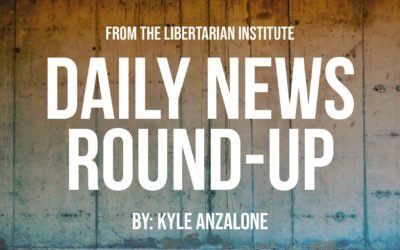US Central Command commander Gen. Michael Kurilla said the US is considering transferring aircraft that once belonged to the Afghan Army to the Armed Forces of the Republic of Tajikistan. The aircraft was flown to Tajikistan by Afghan soldiers during the fall of the US-backed government in Kabul.
Over the weekend, Kurilla traveled to the Central Asian country for a high-level summit with President Rahmon, Minister of Defense General Colonel Sherali Mirzo. At the meeting, Kurilla said, “I came here to reaffirm our commitment to the independence, sovereignty, and territorial integrity of Tajikistan. Strong Tajikistan borders are critical to security of the entire Central Asia region.”
A statement relayed through the US embassy reported that Kurilla thanked Tajikistan for maintaining the defunct Afghan Army’s aircraft. “The United States is working with the Tajik government to determine the best way to effectively use and maintain the aircraft.” He continued, “Our hope is to be able to hand over some or all of the aircraft to the Tajik government.”
Kurilla said he could not offer a timeline and that the military equipment could not be returned to Afghanistan “because they do not belong to the Taliban.”
A CENTCOM press release on the meeting said, “security cooperation with Tajikistan security forces focuses primarily on counterterrorism and border security operations. CENTCOM provides Tajikistan training, equipment, and infrastructure to defend its border with Afghanistan.”
Kurilla offered increased training ties between US and Tajik special forces. “Partnered special operations force training represents an area in which we can work together to beat back extremist groups and defend your border,” he said.
Aiding the Tajik military appears out of line with President Joe Biden’s stated foreign policy of diving the world into autocracy versus democracy. The State Department Human Rights report from 2021 says, “Tajikistan is an authoritarian state dominated politically since 1992 by President Emomali Rahmon…Significant human rights issues included credible reports of: forced disappearances on behalf of the government; torture and abuse of detainees by security forces; harsh and life-threatening prison conditions; arbitrary arrest and detention; political prisoners; politically motivated reprisals against individuals in another country, including kidnappings or violence; serious problems with the independence of the judiciary; arbitrary or unlawful interference with privacy; punishment of family members for offenses allegedly committed by an individual; serious restrictions on free expression and media, including violence or threats of violence against journalists.”































